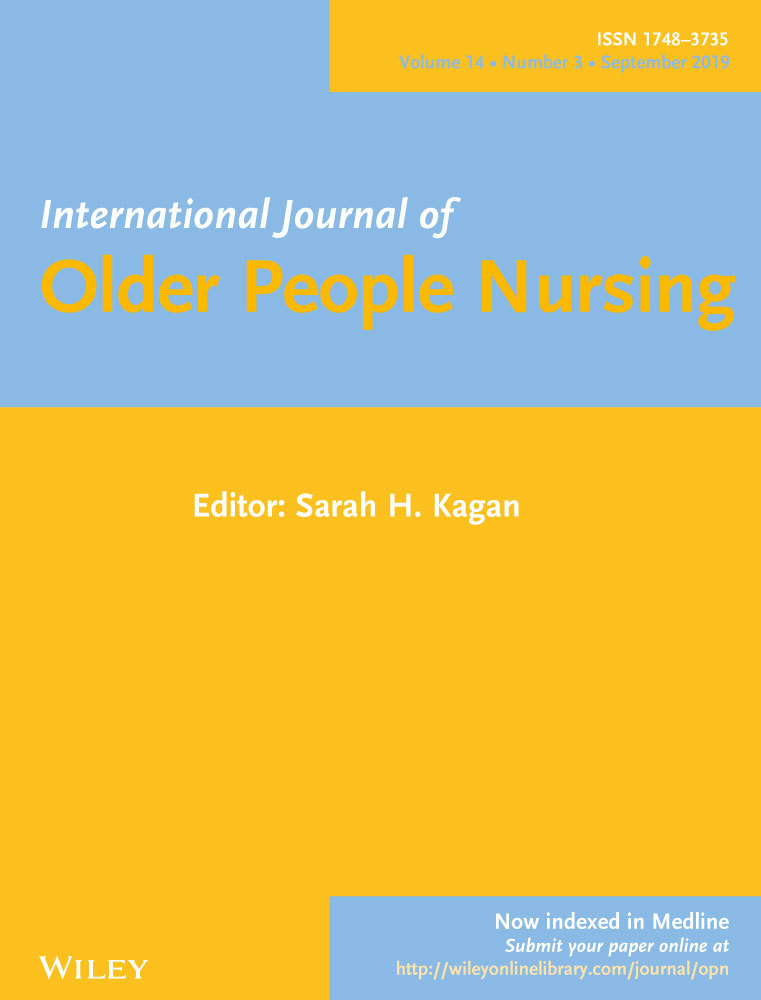“Would you like to join me for a walk?” The feasibility of a supervised walking programme for people with dementia who wander
Abstract
Aims and objectives
Five of the eight focus areas of Bowen's Feasibility Framework were utilised to assess the feasibility of implementing the Safe Walking Program (SWP) with people with severe dementia who wander in long-term care (LTC).
Background
Dementia-related wandering in LTC is associated with adverse outcomes related to intensity (malnutrition, exhaustion and pain, injury) and type of walking (sleep deprivation, resident violence and elopement, death). There is little evidence guiding best practice for managing wandering in LTC.
Design
The SWP involved a three-week trial of taking residents (n = 7) for a 30-min supervised walk, 30 min before individual peak walking activity periods (PWAP), outside the care facility. Quantitative (real-time observation and 24/7 Actigraph™ data: not reported here) and qualitative data were collected pre-, during and postintervention.
Methods
Feasibility to implement the SWP protocol was evaluated using a protocol fidelity checklist completed at the end of each scheduled intervention. Acceptability and sustainability of the programme were evaluated through staff interviews.
Results
Eighty per cent of scheduled walks commenced and were completed, with 91% of walks lasting the full 30 min. Care staff reported benefits for participants and care staff. The perceived sustainability of the SWP in the LTC setting was impacted by the strict timing of the walk to coincide with participant's individual PWAP. The use of care staff to lead some scheduled walks was seen as interfering with care routines.
Conclusions
To enhance the acceptability/sustainability of the SWP in LTC, further testing of the importance of dose and timing is required. Consideration needs to be given to suggested modifications to the protocol.
Implications for practice
The SWP is an acceptable and enjoyable activity for people with severe dementia who wander. Utilising walking tracks around the neighbourhood was perceived as being an important element of the programme.
CONFLICT OF INTEREST
Nil to report.




